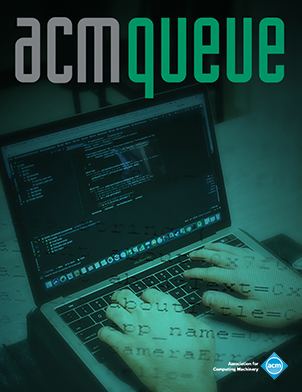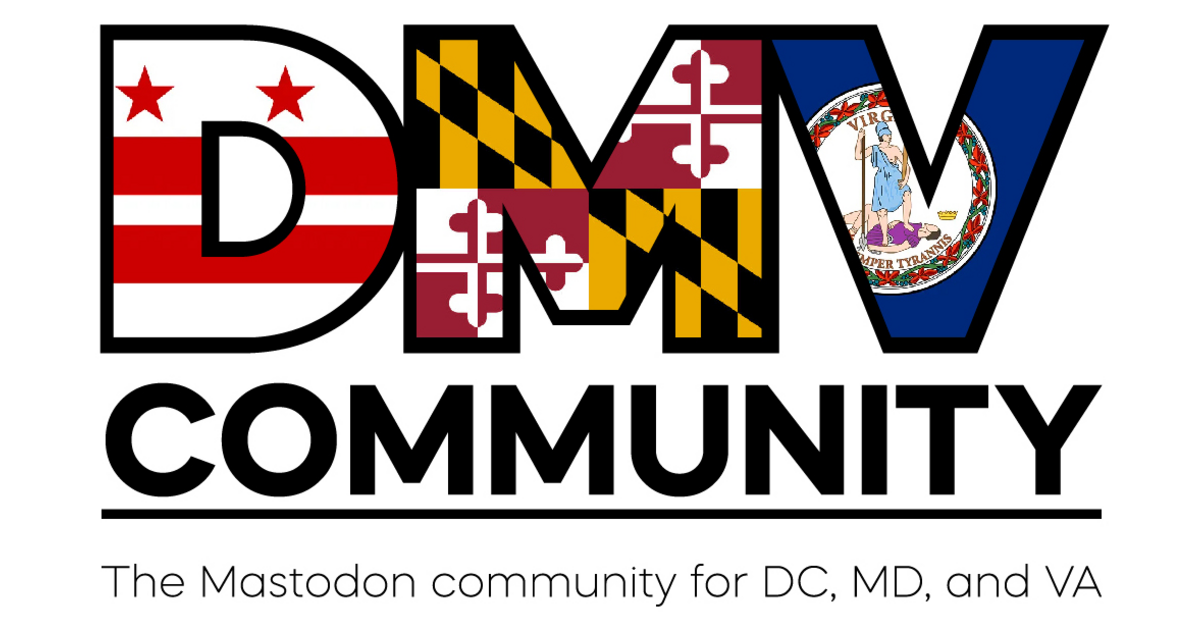Recent searches
Search options
#formalmethods
PeanoScript: TypeScript but it's a theorem prover https://lobste.rs/s/qnndyo #formalmethods #javascript
https://peanoscript.mjgrzymek.com/tutorial
bio:
Head of Studies, Deputy Head of Department at Computer Science, Aalborg University
http://ulrik.blog.aau.dk
Associate Professor, PhD.
#formalMethods #gamedev #programming #commonLisp #acl2 #itch https://lispy-gopher-show.itch.io/lispmoo2/devlog/907091/formal-game-logic
Since yesterday I advocated strong use of defgeneric, defmethod and McCLIM's define-command, here I present
just giving lisp's defun to acl2's first order #logic.
I present a batch processing style for using acl2 both in #shell and in #lisp with a worked example.
Thoughts and opinions, gamedevs and logical types?

coq-of-rust: Formal verification tool for Rust
https://github.com/formal-land/coq-of-rust
Discussions: https://discu.eu/q/https://github.com/formal-land/coq-of-rust
coq-of-rust: Formal verification tool for Rust https://lobste.rs/s/lomwgf #formalmethods #rust
https://github.com/formal-land/coq-of-rust
Reading the new experience report paper "System Correctness Practices at AWS" by @marcbrooker & Ankush Desai, a successor to 2015 paper "How Amazon Web Services Uses Formal Methods". Documents a whole buffet of industrial formal methods use: P (including new tool PObserve for runtime trace validation), deterministic simulation testing in Rust with the open-sourced Shuttle and Turmoil tools, Dafny, HOL Light, and the open-sourced Kani model-checker for Rust.
While TLA⁺ was the most prominent featured tool in the 2015 paper, it's been lost in the crowd here as part of a clear shift toward verifying & testing the actual running code. I think TLA⁺ must carve out a niche for itself in a world where deterministic simulation testing becomes a commodity technology, or it risks losing relevance same as other design-level tools like UML. There are existing case studies on using TLA⁺ for trace validation and model-driven testing, but a lot of effort needs to go into tooling for making such integrations as smooth as possible instead of bespoke one-off projects.

I have a funded #PhD position for UK students, available with myself and @bentnib
This project will be looking at developing new methods for asserting the resilience of existing communicating systems by developing new static analysis methods derived from advanced programming language research.
Deadline: Thursday 20th March 2025
You will belong to @StrathCyber and @mspstrath, as well as gaining access to @spli
For now more details about the project are on my personal website.
https://tyde.systems/page/position/2025-jarss/
Please spread the words.
There's now a video up of the talk I gave at this year's seL4 Summit, on the status of UNSW's projects to verify Time Protection and Microkit-based userland OS services for the seL4 microkernel:
Okay here's an oddly specifc #devops meets #sre and #fp / #formalmethods problem.
I've got a lockfile/solution of package versions. I've also got a set of other versions of the same packages including in some sense known bad versions (CVEs) and a test suite which with some confidence will pass if an upgrade is good.
I want to use (non)dependencies between packages to split upgrade groups (we can upgrade these without those) and plan a sequence of upgrade steps.
Know any prior art?
Might as well join the #introduction bandwagon. This more or less repeats my ‘bio’.
I’m a #researcher at Glasgow Uni’s School of Computing Science. My interests are in #typeDriven approaches to #trustworthySystems, specialising in #dependentTypes (#idris) & #functionalProgramming. But I’m not solely in the FP Church, other languages are just as beautiful. I’m also an enthusiast of other #formalMethods.
I am a #physicist who has focused much of my career on the #modeling, #simulation, #visualization, and #analysis of #complexSystems (especially #infrastructure and #renewableEnergy), and who is currently working on the #Cardano #blockchain. I love #functionalProgramming, #Haskell, #formalMethods, #categoryTheory, #datavis, #infovis, #XR, #statistics, and teaching.
I have passion for art, music, language, and #meditation; I occasionally create #painting, #sculpture, and #poetry.
Hi, I'm Gabriel, PhD candidate in #ComputerScience.
My interests include #FormalMethods, #QuantitativeInformationFlow (#QIF), #ResponsibleComputing (#Privacy | #Fairness), #ArtificialIntelligence (#AI), and #Neuroscience.
Also find me on:
#BookWyrm: @nunesgh@bookwyrm.social
#Lemmy: @nunesgh@lemmy.world
#Pixelfed: @nunesgh@pixelfed.social
I'm looking forward to interesting discussions here on the #Fediverse!

